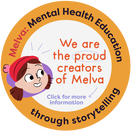|
How did it feel to return to acting after months and months away from your acting career? What was it like performing in a COVID secure theatre in 2021? How did it feel being a part of a theatre production, reimagined for film? And what does Billie Piper have to do with all of this? Well, we caught up with Melva actress Katie Powell to find out all of this, and much more... There are a lot of pros to filming a theatre show that I didn’t pre-empt. For starters, I am the first to say I loathe a prop. As an inherently lazy person, I resent carrying anything to be honest. Maybe I never really progressed past year 11 Drama and the ease of ‘wear all blacks and mime your cuppa’. Filming this play meant I didn’t have to concern myself with over-egging a line so as to nonchalantly gather my props and hide them somewhere backstage they wouldn’t get knocked over. Instead, my required props could just magically appear and disappear between takes – what an indulgence. In fact “I’m never doing live theatre again” became a bit of a catchphrase between us all. We toured the stage version of Melva in early 2020, and we just spent 3 weeks exactly a year later filming the digital version at Northern Stage. Rehearsals took me a little while to settle in to. Like 99.9% of actors, I hadn’t been in a rehearsal room for over a year. I was thrilled to learn I still remembered most of my lines, because it really could have gone either way. I’ve been temping on a school reception desk since September. Temping by definition is sitting in someone else’s seat and attempting to do their job for a bit. It was a real luxury to be back in my own job again, to spread out and make myself at home, to know the rules of the game. Paradoxically, a work environment in the Arts feels much less pretend than an office one, you can wear trackie bottoms every day for one, and you’re allowed to swear and talk about how you’re feeling like the flawed adult you are, rather than the bizarre robot/precocious child hybrid a front desk job requires. Saying that, I had also forgotten what hoying yourself around all day does to your body. After my second day I had to take some ibuprofen and sleep with my legs elevated on a pillow. I also have an unhelpful habit of disassociating a bit when I start something new; the walls go blurry and I can’t remember what time it is, like my brain only lets me process what’s within 2 metres and 2 minutes of me. As the days progressed and I got more comfortable the edges sharpened again. I also tried to forgive myself regularly for not being on top form, something we’re all entitled to do in 2021 but is hard to do in an industry you know is so competitive and judgemental. All the cast were given a circular cabaret table to sit at, with our own script, pen and sanitizer in a box on top. The eldest sibling in me really thrived on not having to share anything with anyone else. We all took an antibodies test once a week, converting the hushed little seating area outside Stage 3 into a scene from Trainspotting. And poor Corrie, our Stage Manager, had the mad task of recording any close contact between the Mortal Fools team by the second, be it accidental (passing your phone over to show someone a photo – 2 seconds) or deliberate (essential to the scene – 3 seconds). Being back in town was great, even if Northumberland Street does feel a bit post-apocalyptic right now with shutters down and signs up and the Christmas pop-up shop still standing. Daft on the smell of the theatre, I gleefully spent my wages on croissants and Pret sandwiches after a desolate, flat-white-free 12 months. Meerkat Films filmed Melva over 5 days in Stage 2, with us on the floor and all of the seating put away, in front of a lovely big set that would be too cumbersome for a touring show. A camera crew in place of an audience was a unique experience. As an actor, an audience can only enhance your performance, but when the audience is made up entirely of new colleagues, I found myself feeling more like I was showing my flatmate my favourite film and looking out the corner of my eye for his approval. How do you use new people in the room to elevate your energy without hustling for validation? And validation from a crew who can’t react or they’d ruin the take? Being an actor is always exposing, but the stage and camera combination felt like a whole new level of being under a microscope for me. Once or twice I felt a bit overwhelmed with shyness. 5 out of our 7 of scenes were dressed in heaps of fake snow, and opening my purse in the car park one night, some fluttered out onto my lap. The toilet floor backstage was covered in snow that had fallen out of our knickers, like sand on the floor of seaside public toilet. And it was a treat to discover my throat wasn’t too sore after 40+ hours of performing, projecting is another theatrical chore – along with prop admin – that I can’t imagine myself ever missing. Last time I performed in Stage 2 was as part of Northern Stage’s ‘Springboard’ summer training programme nearly 7 years ago. I was reminded this time of how disorientating working in a theatre building can be. Arriving before 9am, we went straight into a warren of underground corridors, basement kitchens and windowless dressing rooms before taking the back stairs into a black box theatre, and we didn’t leave the building again until we finished at 7pm. Days went by and I didn’t really know what the weather had been like. Half of the time I think it’s elegant and old school, working in showbiz and being pale like I only come out at night to paint my face and drink complimentary champagne with the other outcasts of society. The other half though, I just feel a bit queasy and like I want to go to the beach for a brisk walk. Every morning I picked a song I loved when I was 10 like Melva, and had a dance to shake off the tiredness; I like to think this production of Melva bought Billie Piper a nice coffee with her royalties. I’m glad Mortal Fools and Meerkat Films were the first companies I got to work with after the world went tits up, because of their calm, competent energy despite all of the interruptions to normal order. On the last day I felt just how I normally feel at the end of a show – dead proud of everyone, hoping I did a good job, and so tired all I can think about is sleeping for the next 13 hours straight. Thanks Katie! We’d like to extend a HUGE thank you to our entire Melva 2021 cast and production team, Northern Stage our filming host venue, the ridiculously talented Meerkat Films who have been a total dream to work with and Von Fox Promotions for capturing wonderful production stills.
0 Comments
The global pandemic has turned all our lives upside down, especially for children and young people. Whilst a glimmer of hope is on the horizon - with the vaccine and the world opening up again - the next few months remain full of unknowns and a world forever changed. This change and uncertainty means it is an anxious time for young people and this was really brought home to us recently…. As part of the launch of Melva Mapletree and the Quest for Barnabas Boggle - our online, interactive storytelling game to support children’s everyday worries and anxiety - we hosted two Melva themed workshops for two primary schools as part of Now and Beyond, an online mental health festival during #ChildrensMentalHealthWeek. We were SO excited to meet lots of young people in a digital safe space and it was just brilliant! In these sessions, 80 young people met Melva, our mountain-climbing, sweet-eating, eye-rolling ‘just-turned-11-year-old’. Melva, like lots of young people, has been battling some pandemic anxiety recently, or ‘worrits’ as she calls them. Through the workshops, Melva and Mortal Fools led the young people through an interactive session in which they explored and shared their pandemic fears and had a go at some practical activities to explore and manage their worries. One of our activities invited attendees to share their present worrits, which you can see below. It really hammered home to us at Mortal Fools that many young people are in a constant state of worry right now; their worries are often very real concerns in response to what is happening around them in the pandemic and these worries are quite different from the generations before them. Young people right now are worrying about death, being ill, missing people and not being at school – worries that are constantly being reinforced by the landscape around them. Mental Health problems amongst children and young people were already on the rise prior to the pandemic – with Public Health England estimating in 2017 that 1 in 8 children had a diagnosable condition. There are valid concerns that the impact of multiple lockdowns, pandemic fear, change of routines, home schooling and social distancing are having a negative impact on children’s mental health and wellbeing. We already knew just how many young people were struggling with their worries before #ChildrensMentalHealthWeek; it’s the main reason we created the Melva game as a resource to support mental health. But running those Melva workshops, engaging in the Now and Beyond festival, and listening to young people share their pandemic experiences and feelings reminded us that creating spaces for young people to talk and share is not just a good thing to do but absolutely imperative right now, and those with young people in their lives all have an important role to play.
Pandemic worrits might seem huge and difficult, but we can all do something to support the children in our lives during these challenging circumstances. It’s not about having the answers to a young person’s worrits, it’s often about creating a safe space to explore, to share and to actively listen to them. Making time and space like this helps children to try to make sense of the unprecedented world around them and to identify and understand their feelings towards the uncertainty of the immediate future. If that feels daunting, well we’ve got something to help you - a free resource we’ve pulled together for children, families and folx that work with young people. The resource is a collection of things Melva has found helpful during the pandemic, and we thought that maybe you could try a few. You can use it to help facilitate a safe space to have open conversations in and some practical tips to support children in your life when they feel worrity. CLICK HERE to download the free resource. It’s not about the big things when it comes to managing a young person’s worrits. Sometimes when things feel a bit too much and worrity, they just need to take some time out and do something in a quiet space to help them feel cooler and calmer! We’ve pulled together this Melva Mapletree and the Quest for Barnabas Boggle word search for you to print off to show you that a simple creative activity when feeling worrity can have a positive effect. CLICK HERE to download the Melva Wordsearch! And finally, if you want to find out more about Melva Mapletree and the Quest for Barnabas Boggle - our online, interactive storytelling game to support children’s everyday worries and anxiety - just visit the Melva Online page on our website. If you’re a school, community group or family interested in finding out more about the Melva game, you can also drop us an email on [email protected] |
Archives
June 2024
Categories
All
|
MELVA |
CONNECT WITH US |
CONTACT US0191 580 1250
[email protected] |
MAILING LIST |
|
HEAD OFFICE
YMCA Northumberland North View Ashington Northumberland NE63 9XQ |
|
PRUDHOE OFFICE
Spetchells Centre Front Street Prudhoe Northumberland NE42 5AA |
Mortal Fools is a company limited by guarantee and a registered charity. Company number: 8102487. Charity number: 1153400.
View our Privacy Policy here. View our Safeguarding Policy here.
View our Privacy Policy here. View our Safeguarding Policy here.

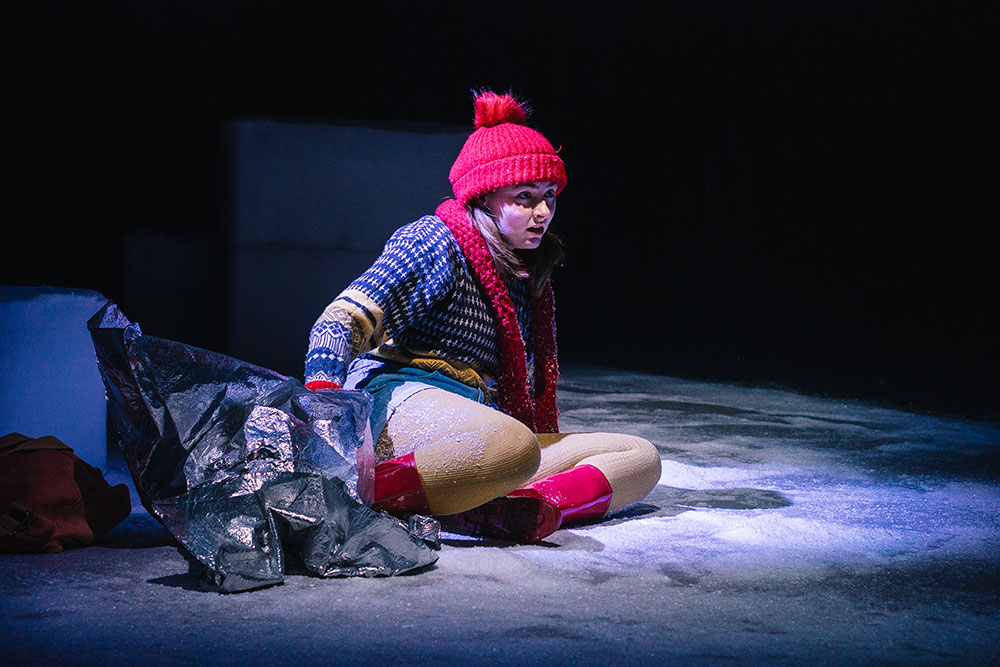
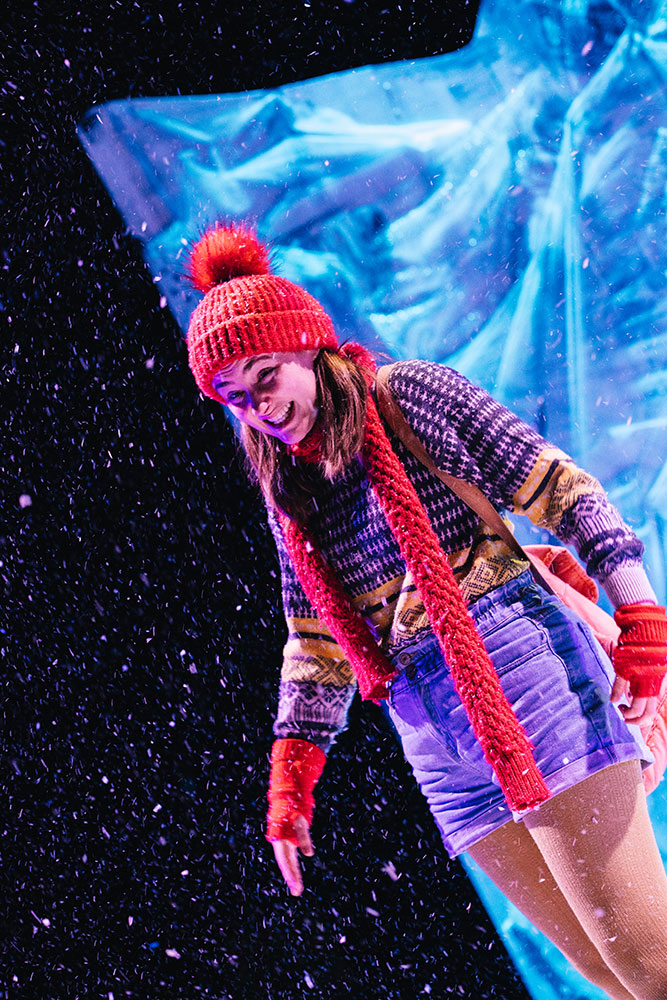
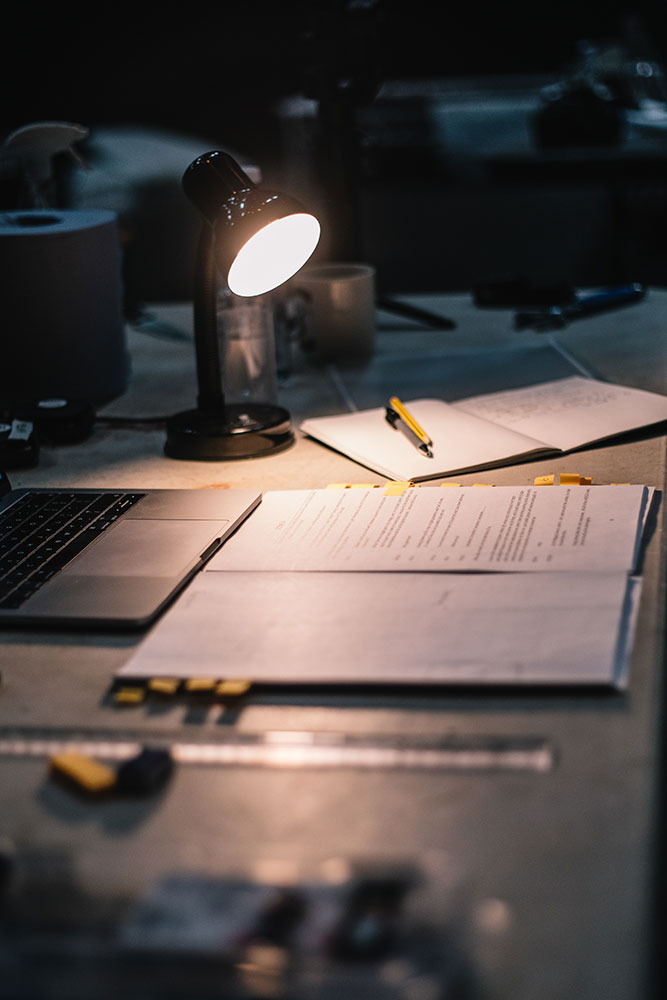
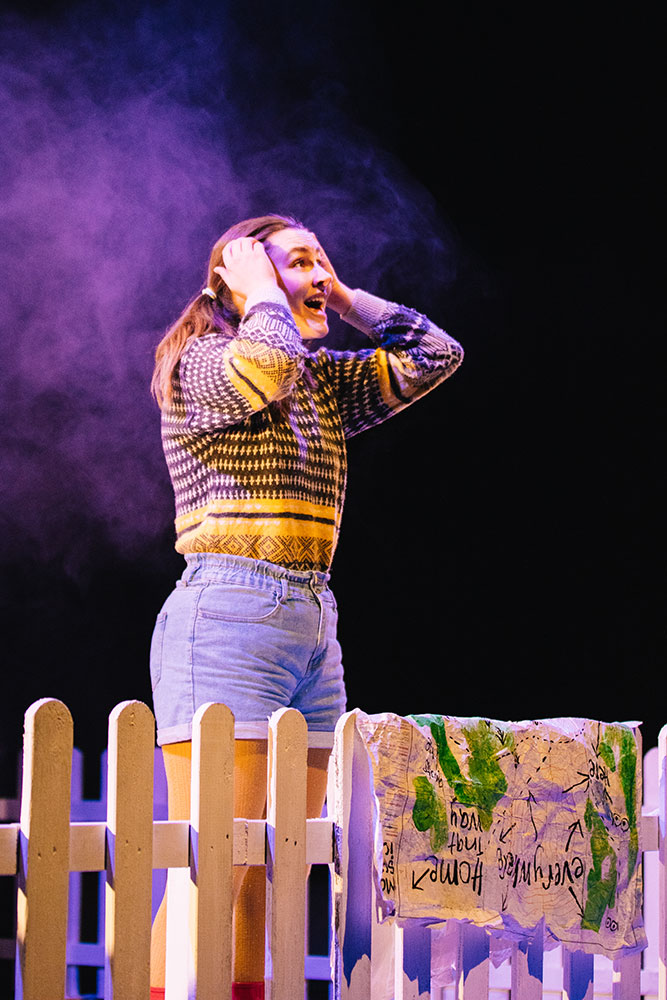
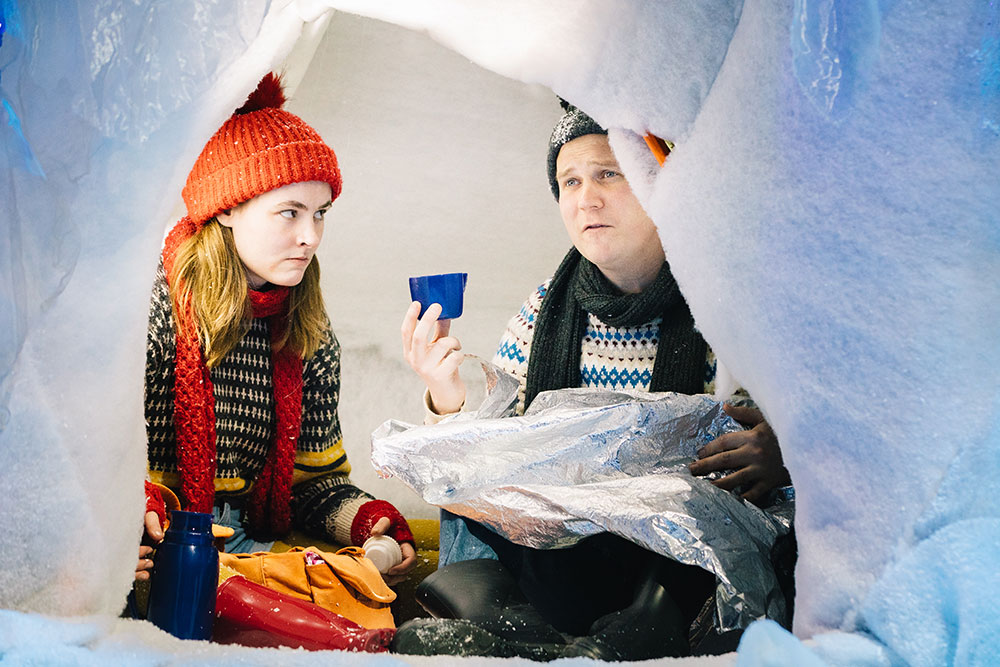
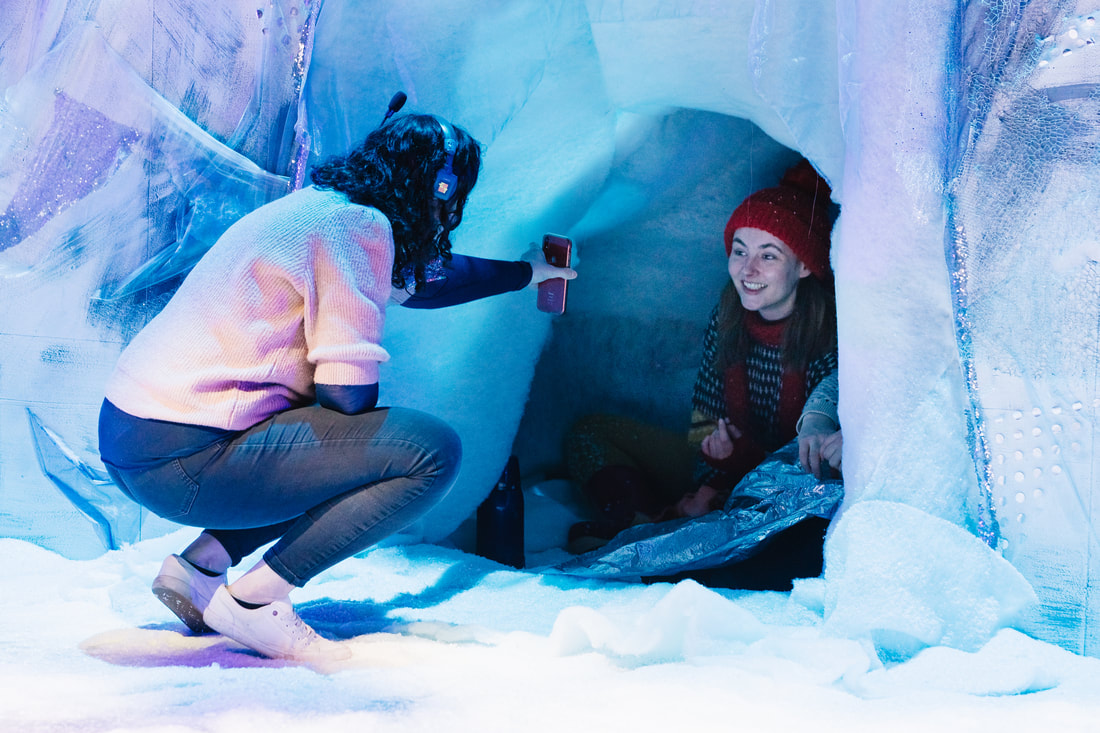

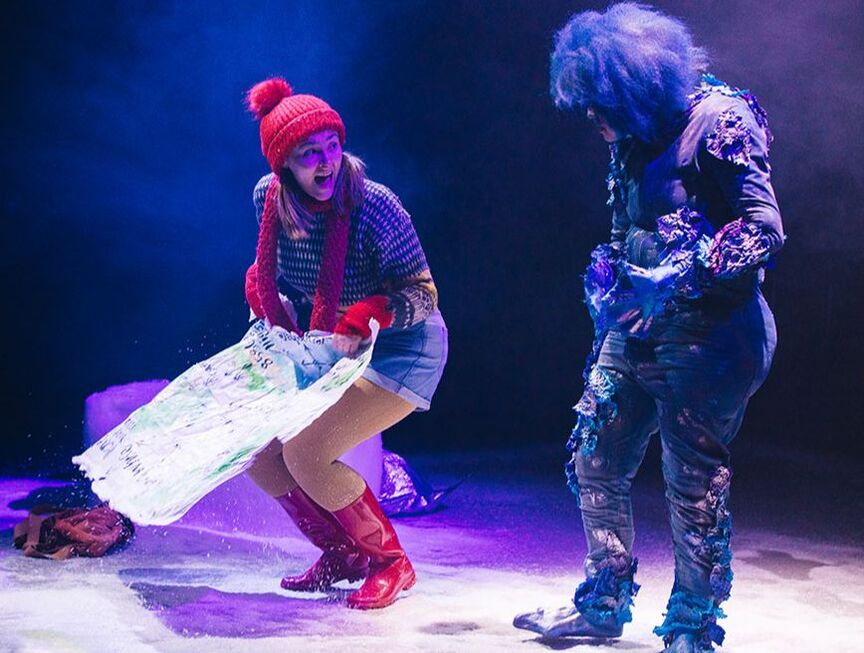
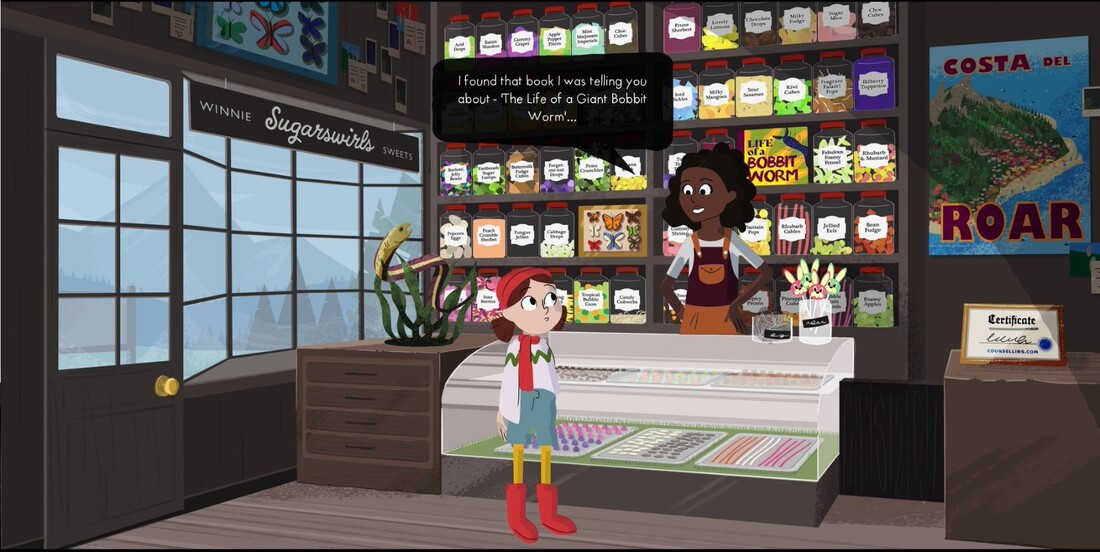
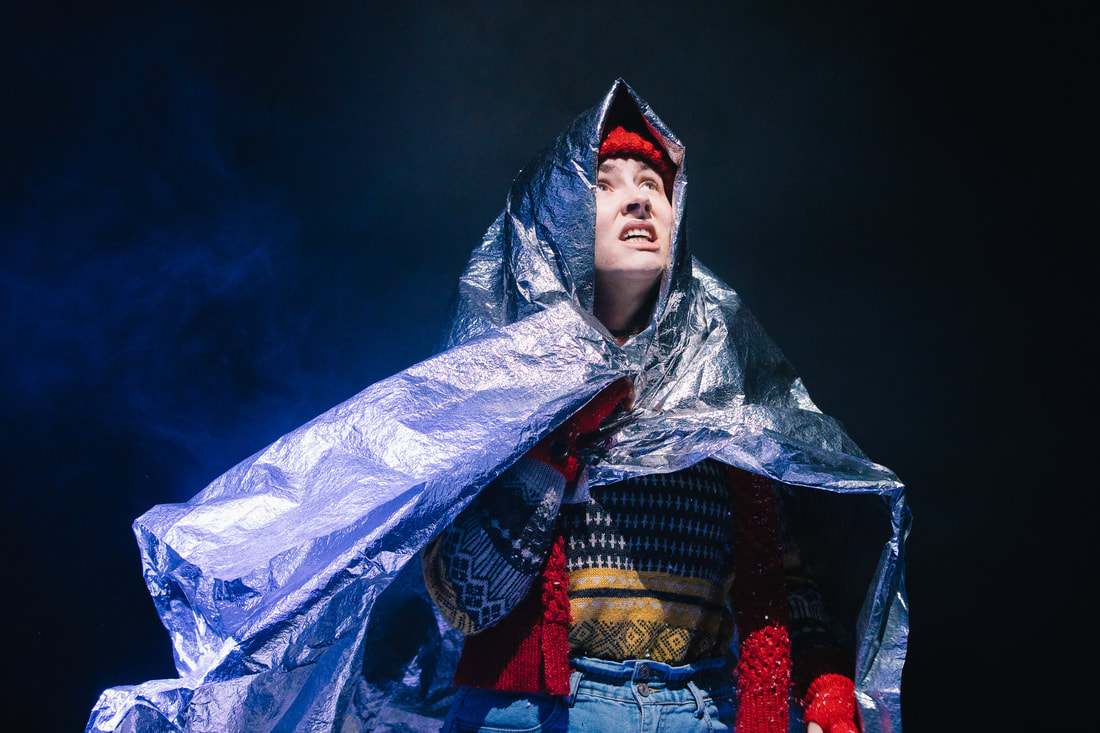
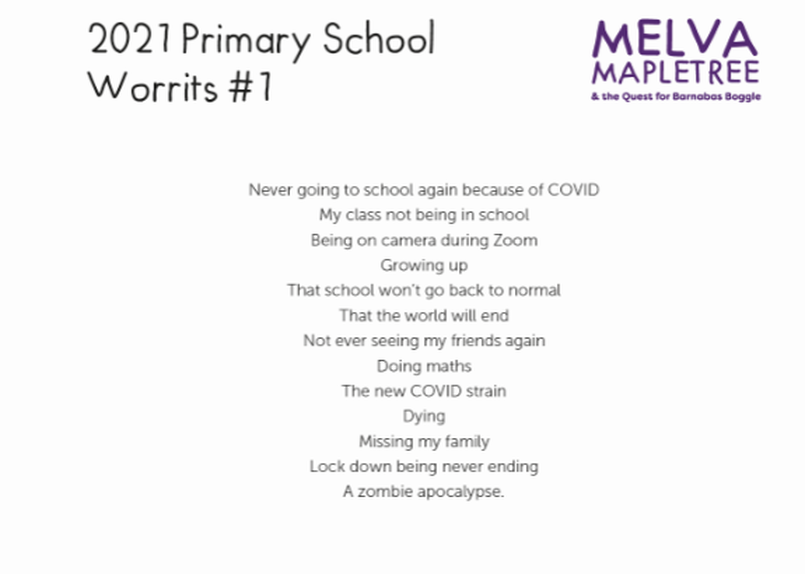
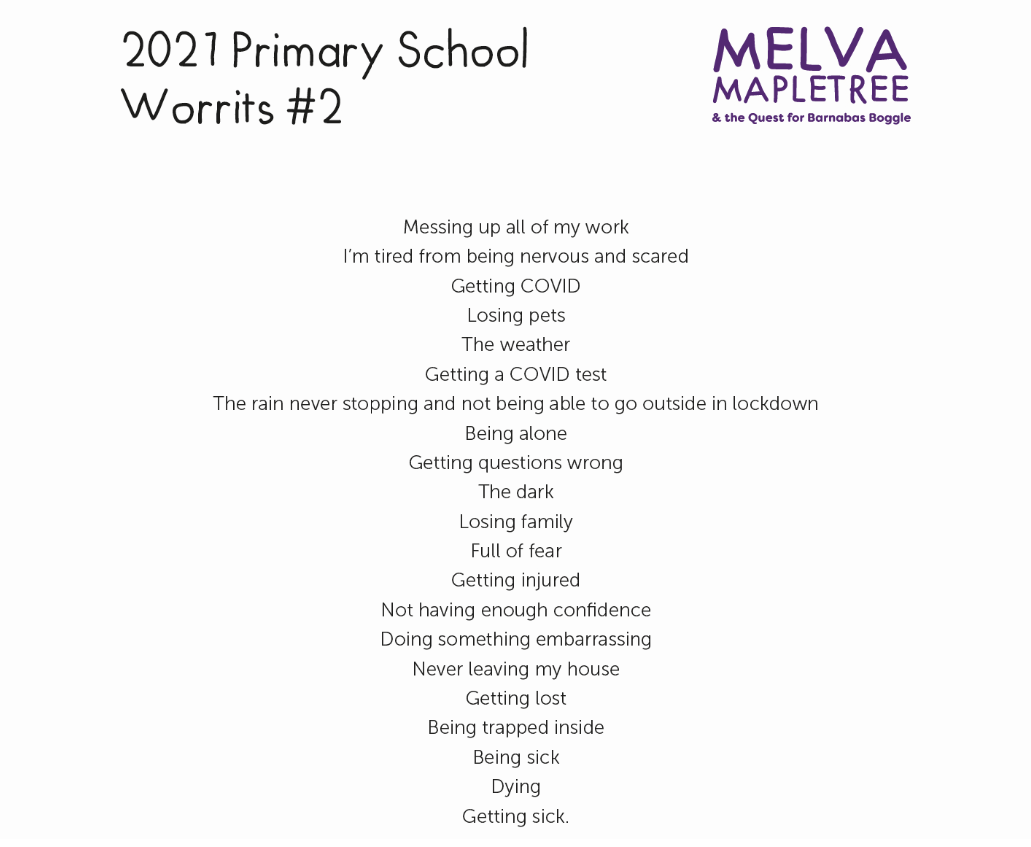
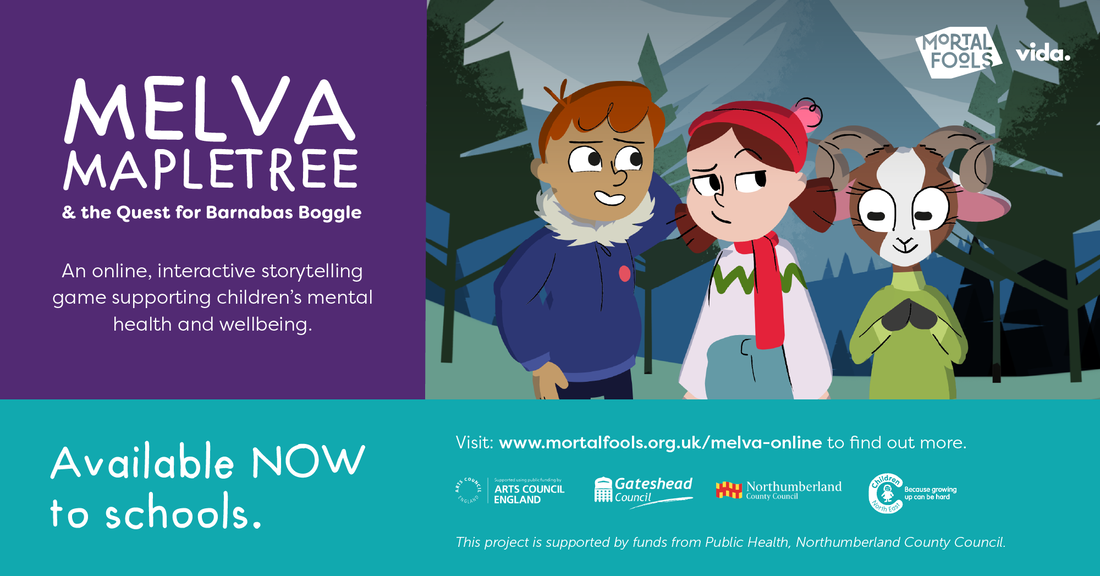
 RSS Feed
RSS Feed
